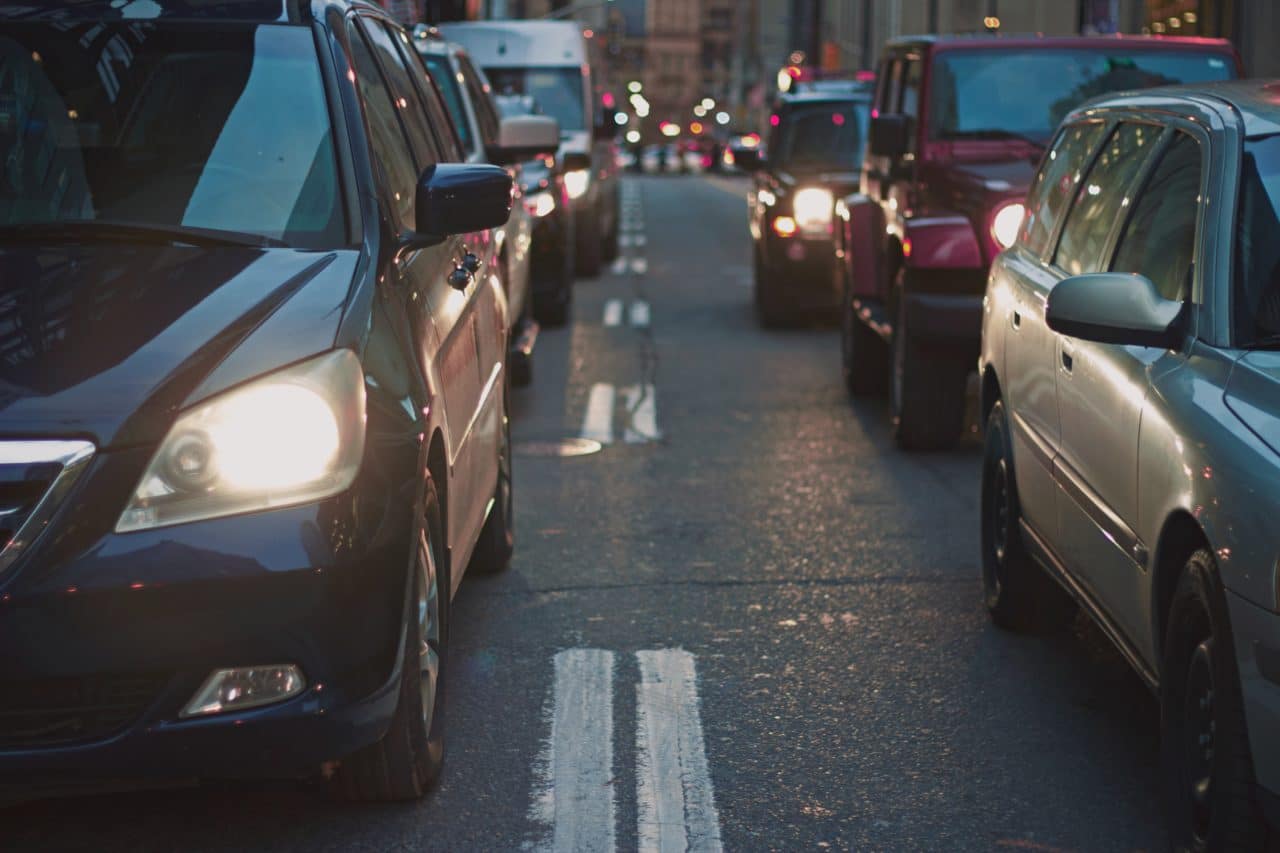Unlike noticeable air, water and soil pollution, noise pollution is invisible. Even though you can’t see it, noise pollution has very real and harmful side effects, including hearing loss. Learning more about this hidden risk can help you protect yourself and your hearing.
How Do You Hear?

Soundwaves enter your inner ear and are converted into vibrations by the eardrum. These vibrations pass though the bones of the middle ear to the inner ear, where the tiny cells that line the cochlea convert the vibrations to electric signals. These electric signals travel through the auditory nerve to the brain where they are interpreted as sounds.
Sounds are measured in decibels (dB). Anything over 85 dB can cause permanent damage to the ear. The chart below of the average decibel rating of familiar sounds is from the National Institute on Deafness and other Communication Disorders:
- 60-70 dB – normal conversation
- 74-104 dB – movie theater
- 80-110 dB – motorcycle
- 94-110 dB – sporting event
- 110-129 dB – sirens
- 140-160 dB – fireworks
When a sound is too loud, the hair cells in the inner ear can become damaged and die. Unlike other cells in the body, once they are dead, they cannot grow back.
What Is Noise Pollution?
Noise is what experts call sounds that are bothersome or undesired. Noise pollution is made up of sounds that can cause negative emotional and physical effects to both humans and animals.
Our world is full of sounds. Some of the biggest contributors to noise pollution are:
- Construction sites
- Large events
- Auto traffic
- Airplane traffic
- Industrial machinery
The Negative Effects of Noise Pollution
In addition to causing irreversible hearing loss, noise pollution can cause stress, tinnitus, sleep problems, cardiovascular disease and cognitive impairment.
Some studies even found that noise pollution can damage ecosystems and the plants and animals that live there.
Protect Yourself from Noise
Noise pollution complaints are handled by state and federal agencies. In the state of Washington, the Department of Ecology handles the reduction in noise pollution.
In order to protect yourself from the dangers of noise pollution, you should invest in high-quality, custom-made ear plugs if you spend time in noise environments. Earplugs can be purchased from your audiologist.
To learn more about protecting your hearing or to invest in pair of custom-made earmolds, contact the experts at Hearing Advancement Center today.